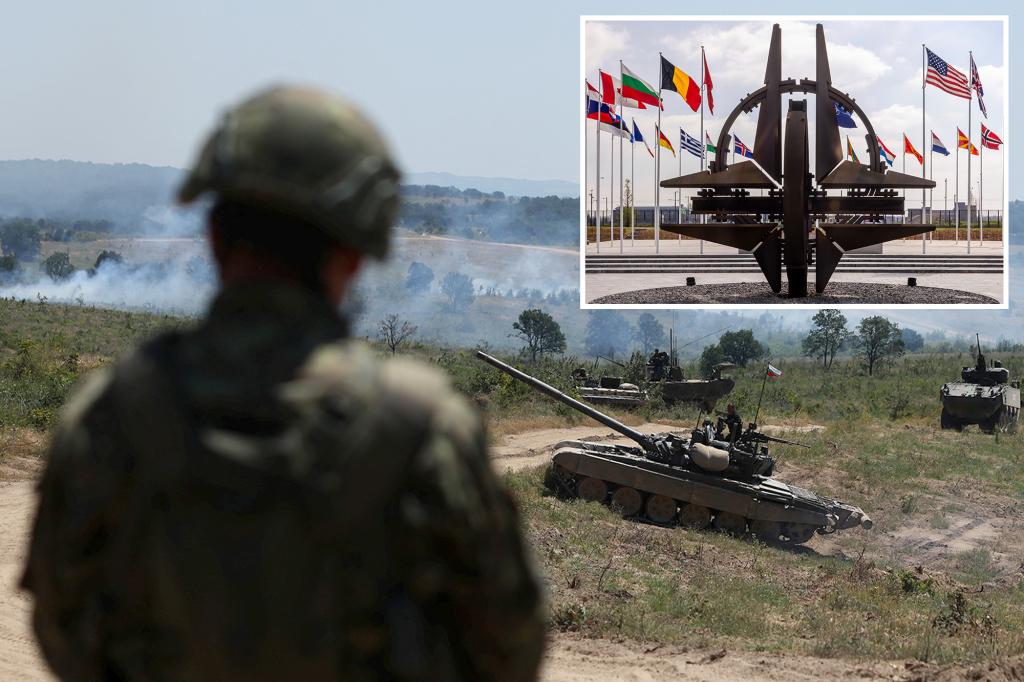BRUSSELS/MADRID, June 22 (Reuters) – NATO allies on Sunday agreed to significantly raise their defence spending goal to 5% of gross domestic product, aligning with a push from U.S. President Donald Trump. However, Spain has announced its intention not to comply with this mandate just days ahead of a crucial summit in The Hague, aimed at showcasing solidarity among member nations.
The consensus among NATO officials was imperative for a unified summit statement regarding the fresh spending commitment before Wednesday’s gathering. Nonetheless, Spanish Prime Minister Pedro Sanchez announced on Thursday that Spain would not adhere to the newly set 5% target.
NATO Secretary General Mark Rutte suggested that countries could reach the target by increasing NATO’s core defence spending goal from 2% to 3.5% of GDP, supplemented by an additional 1.5% allocated to related areas such as cybersecurity and military-ready infrastructure.
Following the diplomats’ agreement on a compromise statement on Sunday, Sanchez quickly asserted that Spain would not be obligated to reach the 5% goal, as it would suffice to allocate 2.1% of GDP for NATO’s essential military needs. “We fully respect the legitimate desire of other countries to increase their defence investment, but we are not going to do so,” Sanchez affirmed during a televised address.
Spain’s defence expenditure for 2024 is estimated at only 1.24% of GDP, approximately 17.2 billion euros ($19.8 billion), marking it as the lowest contributor within the alliance relative to its economic output.
NATO officials have stressed that substantial increases in defence spending are critical to address the escalating threats posed by Russia and to enable Europe to take greater responsibility for its security as the U.S. shifts its military focus towards China.
Sanchez’s refusal to commit to the new target may lead to tensions at the summit with Trump, who has consistently criticized European nations for insufficient defence spending, even suggesting that the U.S. might reconsider its defense obligations if these nations fail to meet spending targets. On Friday, Trump remarked that Spain “has to pay what everybody else has to pay” and called Madrid “notorious” for its low defence outlays.
Sanchez contended that meeting the new target would necessitate severe cuts to social services like state pensions or lead to tax increases, undermining essential public welfare programs.
While NATO has not officially published the compromise statement, which awaits endorsement by leaders of its 32 member countries, initial drafts indicated a change in phrasing from “we commit” to “allies commit,” granting Spain leeway in interpreting its obligations.
In a letter obtained by Reuters, Rutte reassured Sanchez that Spain would have “flexibility to determine its own sovereign path” in achieving the military capability targets agreed upon with NATO. A NATO diplomat characterized Rutte’s correspondence as an affirmation that each ally can independently decide how to fulfill its commitments.
Despite Sanchez’s claims, NATO officials are doubtful that Spain can meet the military capability requirements with a mere 2.1% of GDP, as the specific targets’ costs remain undisclosed. Originally, Rutte had proposed that the new spending target be achieved by 2032, but the revised deadline is now set for 2035, with a review planned for 2029.

